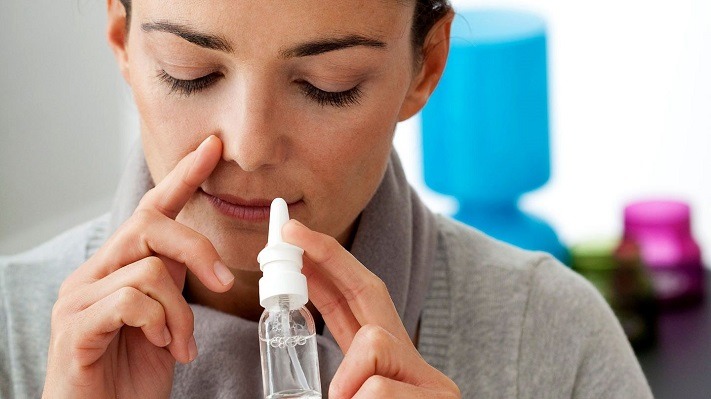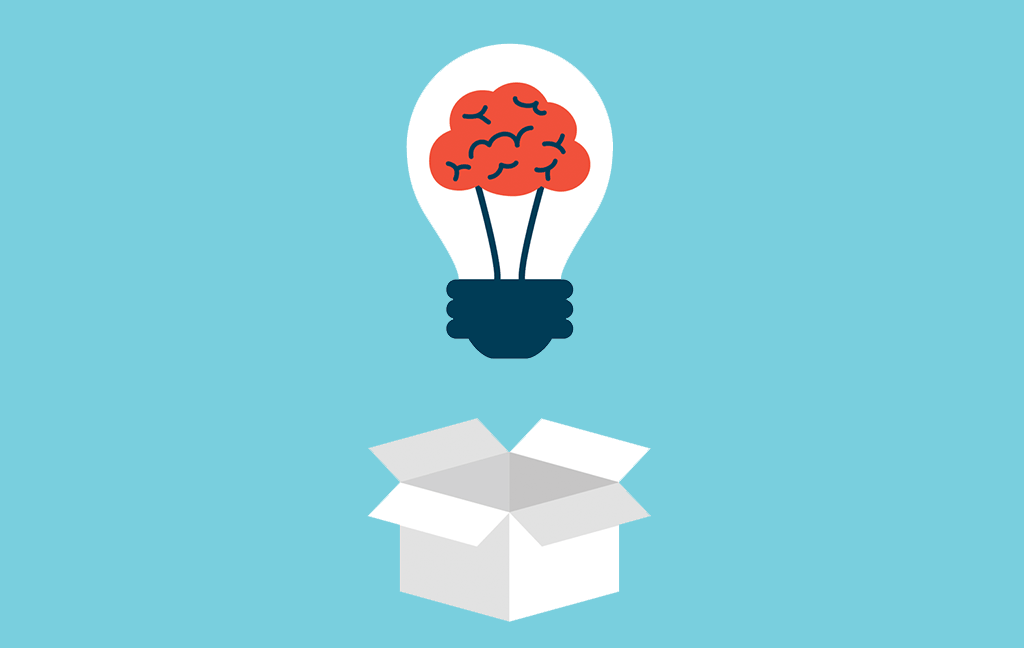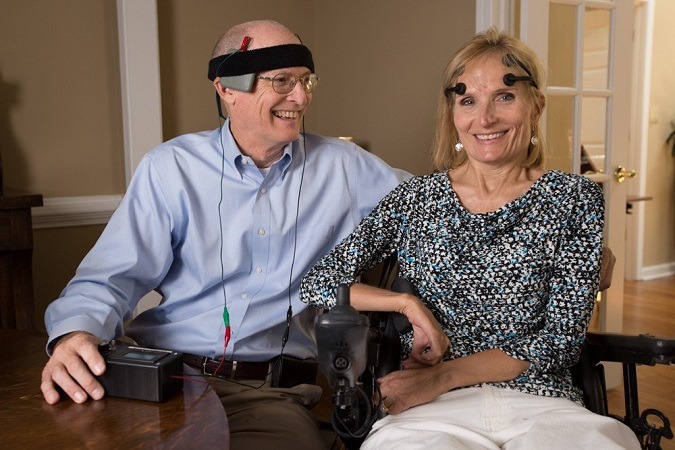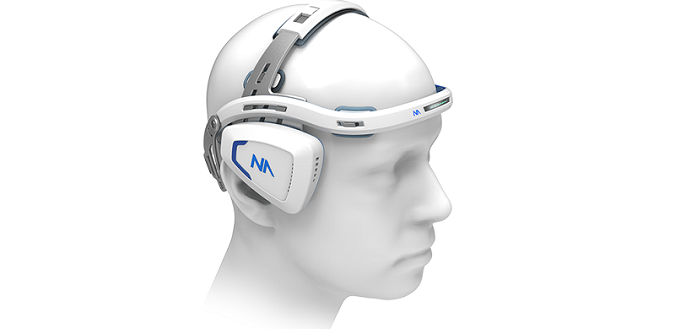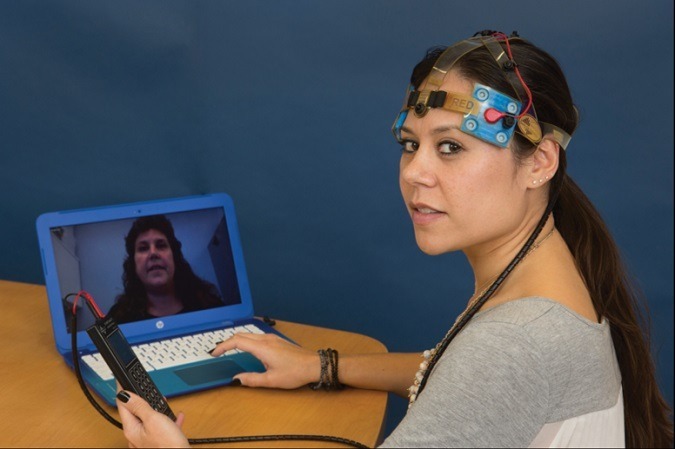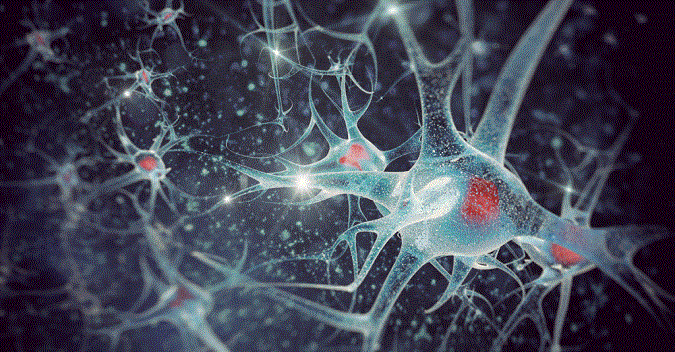Posts Tagged ‘non-invasive’
Update: The placebo effect works even when people know they are taking a placebo
Welcome to a new edition of SharpBrains’ e‑newsletter, featuring 14 research findings, resources and tips for brain health … and starting with this fascinating study: #1. Wow. The placebo effect works even when people know they are taking a placebo #2. Beating Alzheimer’s Disease will require a combined physical/ mental approach: From the ten factors found…
Read MoreLatest brain research, tools and teasers to think outside the mental health status quo box
__ Time for a new edition of SharpBrains’ e‑newsletter, featuring a range of research findings, resources, brain teasers and riddles to help translate emerging neuroscience into real-world applications and improve our collective brain & mental health. New thinking: Neuroscience tips about gratitude, aging, pain and the brain: An interview with Dr. Daniel Levitin What’s normal?…
Read MoreImportant insights on the growing home use of tDCS brain stimulation: older-than-expected users, positive self-reported results for treatment of depression but negative for self-enhancement, and a couple areas of concern (severe burns, frequency)
___ At the 2017 SharpBrains Virtual Summit last month, researcher and science writer Dr. Anna Wexler discussed some fascinating insights from her survey of 339 home (or “do-it-yourself”) users of tDCS (transcranial direct current stimulation) devices. The survey results have just been published in the Journal of Cognitive Enhancement (details below), and provide a useful window into who…
Read MoreNeural Analytics raises $15M to commercialize non-invasive, ultrasound-based, brain health monitoring device
___ Neural Analytics, Inc. Raises $15 Million in Series B Financing (press release): “Neural Analytics, Inc., a medical device company developing and commercializing technology to measure, diagnose, and track brain health, today announced that it has raised $15 million in Series B financing led by Alpha Edison
Read MoreStudy: Transcranial Direct Current Stimulation (tDCS) can reduce fatigue in patients with Multiple Sclerosis (MS)
_______________ Transcranial Direct Current Stimulation Shown to Reduce Fatigue Associated with Multiple Sclerosis (NYU Lagone Health press release): “People with multiple sclerosis (MS) who underwent a non-invasive form of electrical brain stimulation experienced significant reductions in fatigue, a common and often debilitating symptom of the disease
Read MoreMaster the digital toolkit to harness lifelong neuroplasticity
—– We’re looking forward to many great sessions at the virtual summit next week…this is one of our favorites, Wednesday, December 7th — Master the digital toolkit to harness lifelong neuroplasticity. Four leading pioneers of applied neuroplasticity will help us navigate best practices to harness most promising non-invasive neurotechnologies, such as cognitive training, mindfulness apps, EEG and…
Read More
